Shortly after, this intergenerational pair was matched. Both spoke with CoGenerate’s Sarah Gibson below.
What is Project Confluence and what inspired you to start it?
Darshan: In talking with students and other practicing engineers, I was hearing a hunger to apply their skills in other ways – not just following orders or designing systems to ensure a profit, but also considering the social and environmental impacts of their work, and creating positive social and environmental value in the world. I saw them struggling to see themselves working in engineering, being dissatisfied, and dropping out of engineering altogether. It was frustrating to see so much talent leaving this field when they could be having such a positive impact.
Engineers build things — the cars we drive, the way power is generated, the buildings and infrastructure we live and work in, the weapons used in wars, artificial intelligence — and all of these things have impacts on the world, positive, negative, and unclear. I believe it is possible for engineers to create less damage and more beauty in the world. Project Confluence is one effort to embed environmental protection and social justice in engineering.
Jim: Eventually, we hope it will become a certification program like LEED, but to start we created a professional development program that sensitizes engineers to social and environmental justice and teaches them how to make decisions with that in mind. We developed a curriculum and delivered it over eight weeks to an architecture, engineering and consulting firm as a pilot. Next up is rolling it out to other firms in the industry.
In the early part of the fellowship, I helped Darshan develop a strategy and plan for Project Confluence. In the second half, I was one of the developers and instructors for the curriculum.
Darshan: Engineering promotes values. For example, we hear a lot about efficiency as a driving value in engineering. But there isn’t yet a standardized process for how to approach social and environmental justice, for how people and natural resources are impacted.
Can you give us an example of how decisions might change, using the lens of social and environmental justice?
Jim: Sure. We worked with a firm that was tasked with building a bypass in a busy area of South Carolina. They did an analysis and the client chose to go through a historic community that was predominantly African American. Their reasoning was that it would impact the fewest number of people, and the firm had no real way to factor in the impacts or influence of their client’s choice.
The community went into an uproar and the engineering firm had to go back and re-do some of the design as well as improve a local park as a way of mitigating the impact. This was all because there were no standards applied to help the engineers make decisions with social and environmental justice in mind. Engaging with the community in a meaningful way early and often could have changed their design decisions and saved a lot of money and heartache.
How was the Encore Fellowship experience?
Darshan: It was awesome. I gained a mentor and, in doing so much work together, Jim became my friend. He has a perspective that I generally am not exposed to. He has 40 years of experience and has all of this wisdom. He was at a very high level at a large tech company when he retired, and I assume you only get to that point by having demonstrated leadership, management and organizational talent. The way he thinks about what we’re doing is different from how I think about it, and I love that.
Jim: It was such a great collegial exercise, working with Darshan, some of his students and other professors and professionals with subject area expertise. There was a great deal of respect between everyone and it felt like we were on a shared mission. We each had to apply our creativity and skills to put this program together and deliver it. To get such a positive response from the firm we did the pilot with has been really rewarding.
What kind of impact are you having?
Jim: The firm we did the pilot with is now getting new business from clients who value social and environmental justice. They’ve gone after new grants that support doing this specific type of work, and they’re experiencing cost savings by avoiding potential problems they may have encountered down the line. Their current employees report being more engaged and they’re having an easier time attracting new talent since young engineers really care about environmental impact. They’re demonstrating leadership in this space and are able to include their efforts in their ESG reporting. So far, there really hasn’t been a downside.
Darshan: Longer term, we want to create working examples of how principles of environmental and social justice can become part of how engineering firms do their business. To date, the connection between engineering and social and environmental justice has tended to engage individual engineers and communities rather than firms. There are regulatory changes coming where firms will have to think about this differently but that can all too easily become a checkbox exercise, like greenwashing. We’re trying to move beyond that – so this isn’t something you have to do, but something you want to do.
Any final thoughts for those considering becoming an Encore Fellow?
Jim: One of the main reasons I retired was to have more time to do things that I cared about and to get more involved in causes that were important to me. The Encore Fellowship was a great way to make the jump from a high-pressure work environment to a nonprofit. I was able to use what I’ve learned and not just be an extra set of hands. The match was ideal and my friendship with Darshan is a great added bonus.
LEED certification took 25 years to become a standard practice and this might take just as long. I probably won’t be around then, but hopefully what we’ve built will be the seed.



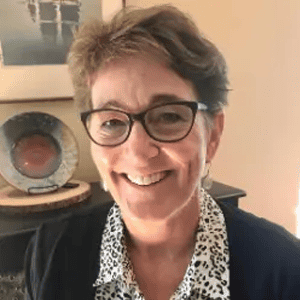
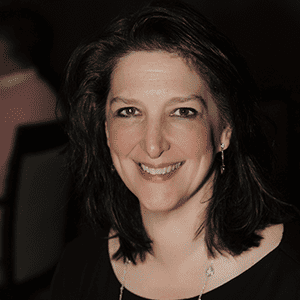
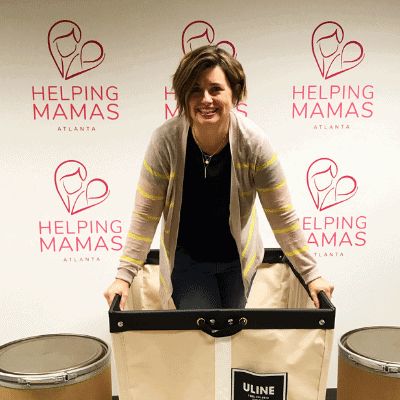
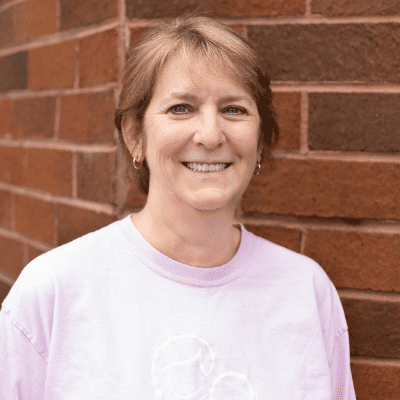
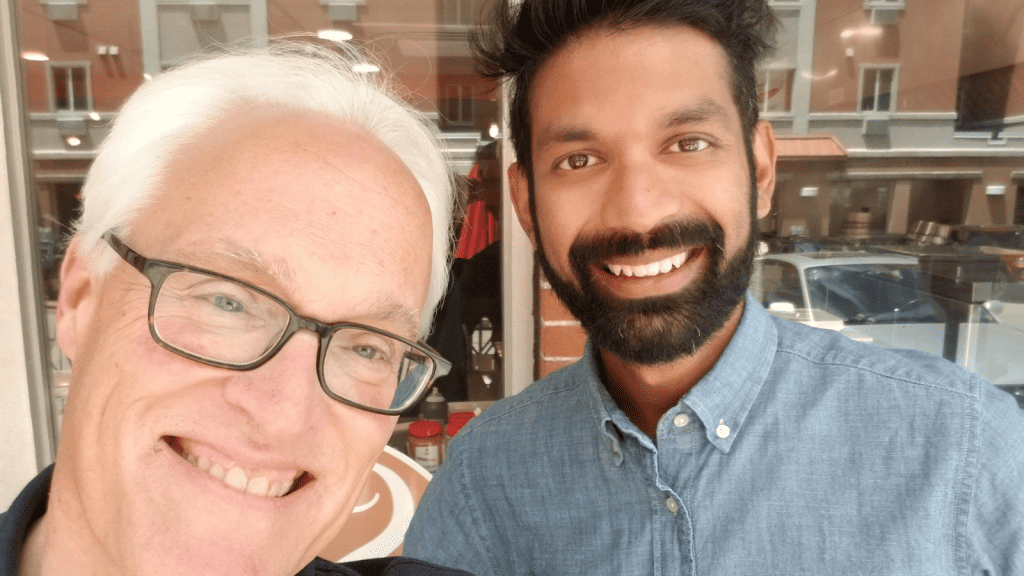
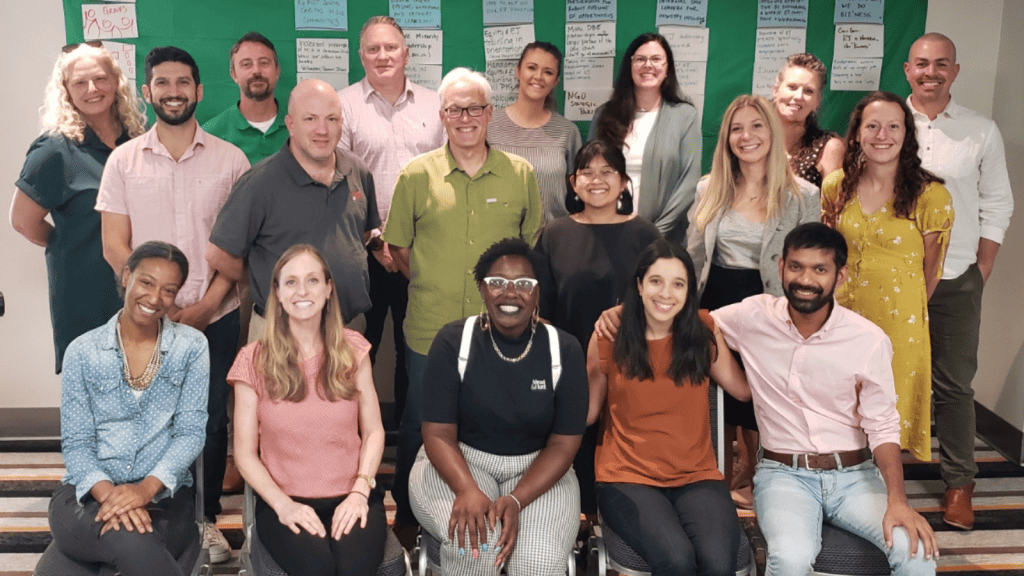
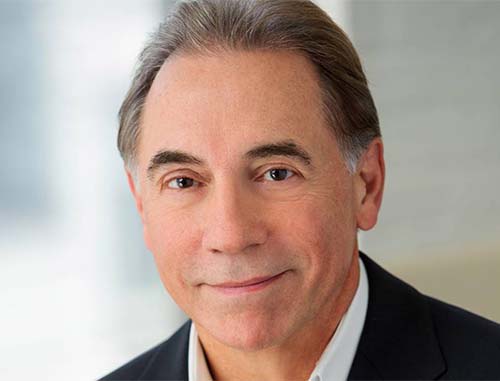
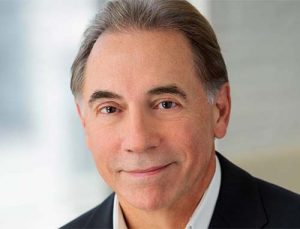 It is with great sadness that we say goodbye to our friend and colleague Dick Cattani. Over his many years with Restaurant Associates, Dick and his team developed a strong partnership with The Fedcap Group. Restaurant Associates catered many events for Fedcap including our Galas, hired people who graduated from our Culinary School—offering them a good job with a career ladder in their journey toward economic well-being. Dick participated in numerous Fedcap Golf events, served as a distinguished panelist for our Solution Series, and was a generous supporter of our work.
It is with great sadness that we say goodbye to our friend and colleague Dick Cattani. Over his many years with Restaurant Associates, Dick and his team developed a strong partnership with The Fedcap Group. Restaurant Associates catered many events for Fedcap including our Galas, hired people who graduated from our Culinary School—offering them a good job with a career ladder in their journey toward economic well-being. Dick participated in numerous Fedcap Golf events, served as a distinguished panelist for our Solution Series, and was a generous supporter of our work.
